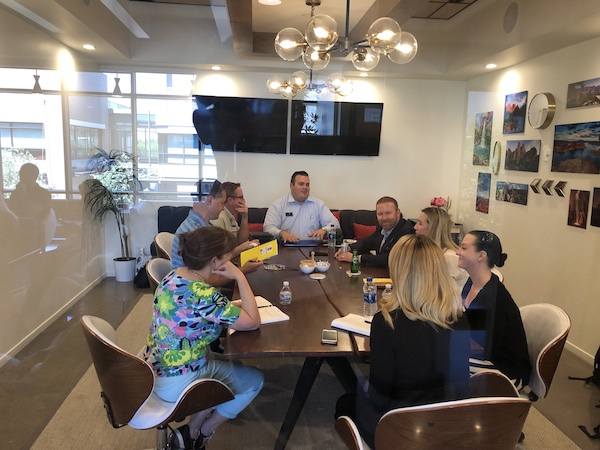Common Questions About Dental Sleep Medicine
The average mandibular advancement device (MAD) in a fee-for-service practice is treatment planned between $2,850 – $4,500.
While there are costs for providing the treatment plan, this procedure has proven more profitable than single-unit implants in most cases. If a dentist delivers just 3 appliances monthly at $3,500, they will generate over $10,000 more in production.
(3 x $3,500 = $10,500)
In this event, we will share how this revenue works, its costs, and the estimated number of patients in your practice who need an appliance.
Yes, a doctor must be licensed as a Doctor of Medical Dentistry (DMD) or a Doctor in Dental Surgery (DDS) to take impressions and manage care with an oral appliance. Beyond this, individual states dictate if there is any requirement; currently, Texas is the only state with such requirements (requiring 12 hours of CE to provide this service.)
Several courses and accreditations can benefit a dental practice, but they are not required to start helping patients.

